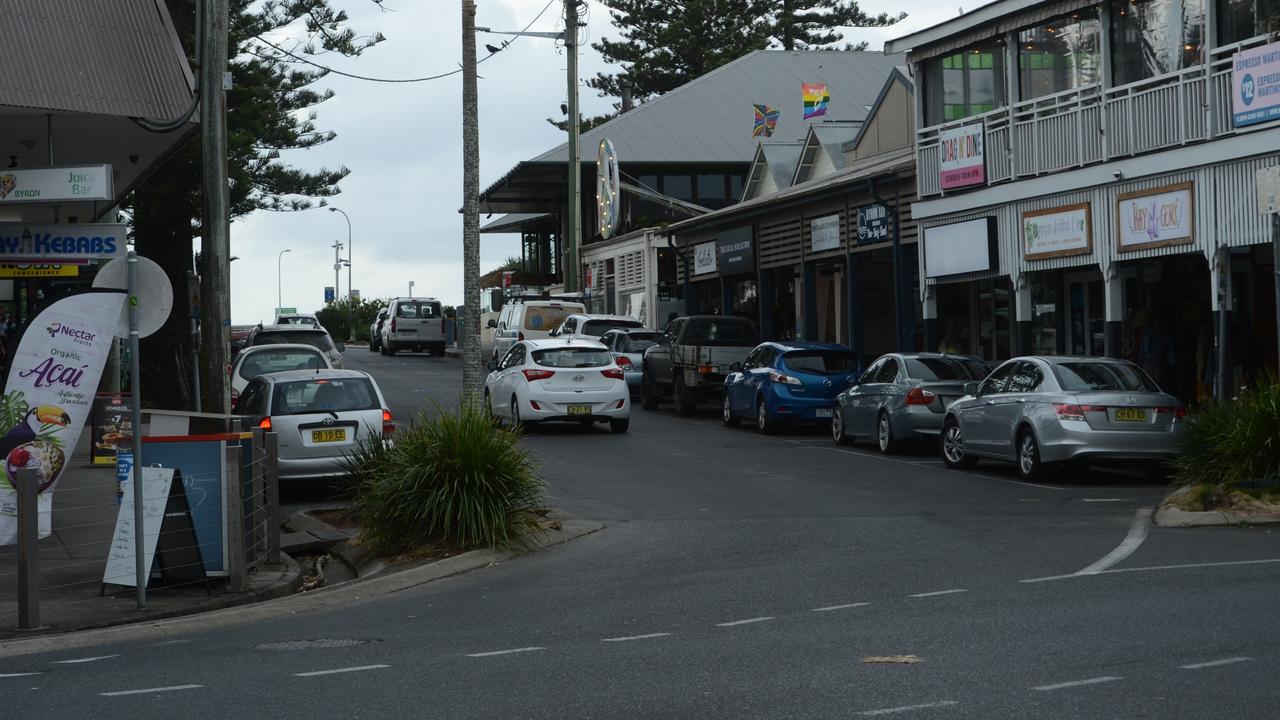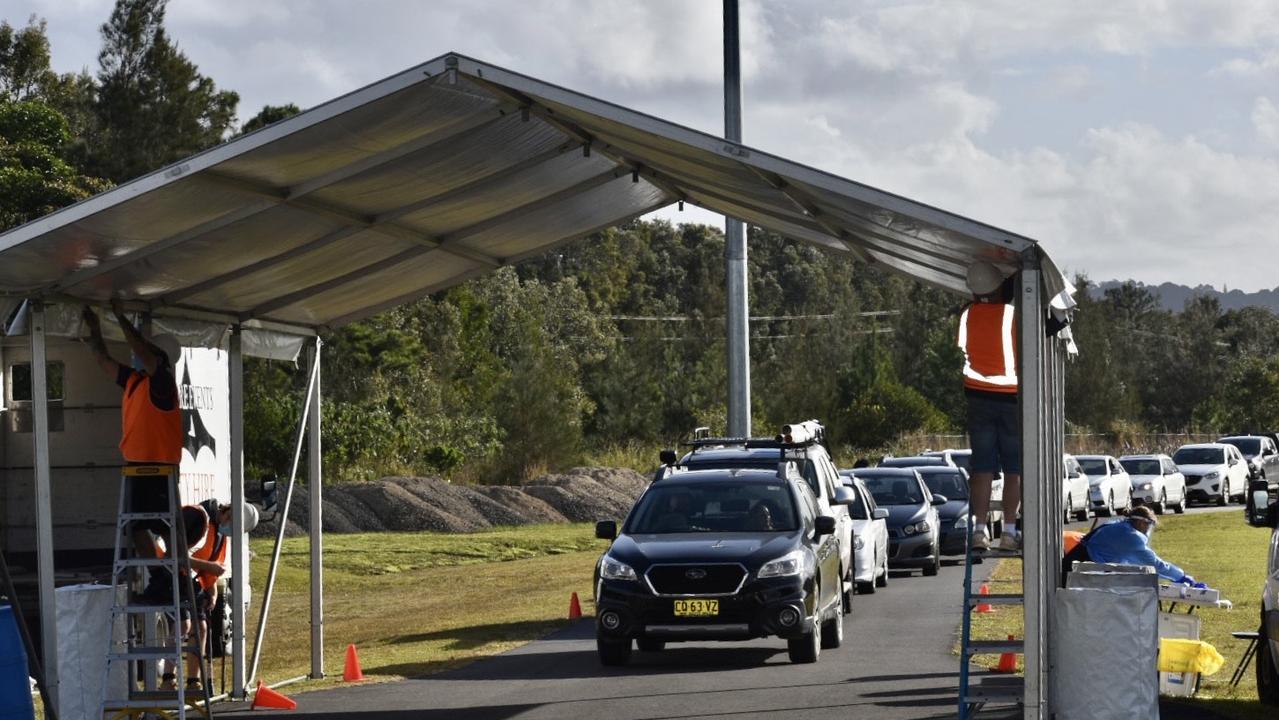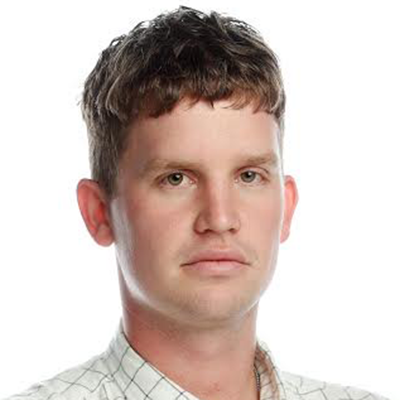Byron Bay covid case Zoran Radovanovic’s criminal history revealed
The man who left Sydney for the Northern Rivers has been revealed as a former illegal immigrant with a history of drugs and burglary charges.
The man who brought covid to Byron Bay has been revealed as a former illegal immigrant with a history of drugs charges.
Before he travelled from Sydney to Byron Bay, sparking a lockdown of the Northern Rivers, Zoran Radovanovic, 52, had a history of brushes with Australian law enforcement.
While being treated on a bed in Lismore Base Hospital for a disease he “didn’t believe in”, Mr Radovanovic was handed a Court Attendance Notice for breaching the public health order.

He is listed to appear in Lismore Local Court on September 13.
It is not the first time Mr Radovanovic has been before a court.
Immigration documents show he left Australia on March 1, 1992, but Mr Radovanovic subsequently denied having left the country and returning on a false passport as alleged by immigration authorities.
“Movement records do not show that the applicant re-entered Australia after March 1, 1992 by the name Zoran Radovanovic,” the Administrative Appeals Tribunal (AAT) said in a judgment handed down in Melbourne in 2000.
However, the tribunal found that he had likely overstayed a previous visa.
“He arrived in Australia on April 21, 1991 on a visitor’s visa valid until July 23, 1991. In June the visa was extended until December 31, 1991,” the judgement papers said.
“He remained in Australia after the expiry date without seeking a further extension or applying for any other visa.
“He did not want to return to Yugoslavia because by then war had broken out in the Balkans.”
The judgement papers added, “On the applicant‘s evidence it was not two months (he overstayed) but more than six years unlawful residence.”
However, Mr Radovanovic subsequently married an Australian citizen and applied for a spousal visa. The tribunal ruled it should “not be refused on character grounds” and his wife would suffer considerable hardship in the event of the applicant having to leave Australia”.
Judgement papers for Mr Radovanovic’s matter before the AAT, revealed he had been in trouble with police in 1998.
According to the papers, Immigration officers and police unlawfully raided the St Kilda flat he lived in with his wife and during a search for his passport, they found about 40 young marijuana plants.
Mr Radovanovic was convicted at Prahran Magistrates Court for possessing cannabis, growing cannabis, using cannabis and forging a birth certificate.

In 1992, Mr Radovanovic was also convicted in Prahran Magistrates‘ Court of burglary, theft and theft of a motor car. He was sentenced to six months imprisonment on each charge to be served concurrently.
He was also convicted for being unlawfully on premises and sentenced to two months imprisonment concurrent with the other sentences.
All sentences were suspended for 12 months.
After a series of battles in court, Mr Radovanovic successfully fought a government bid to cancel his visa and send him home to Yugoslavia with the Administrative Appeals Tribunal finding he had the capacity to make a contribution to Australia in 2000.
Then AAT deputy president B. M. Forrest told the tribunal that Mr Radovanovic had some “commendable qualities” which made him believe there were good signs for his rehabilitation when handing down his decision.
“In my view, if granted permission to work, the applicant has not only the opportunity to relieve the aimlessness of his present lifestyle but to demonstrate his capacity to make a contribution to Australia,” he said.
“He has a good command of English, youth, people around him prepared to give him the chance to demonstrate his commitment to Australia and a spouse who would assist his rehabilitation.”
He has recently moved from Frenchs Forest on the northern beaches to Rose Bay.




